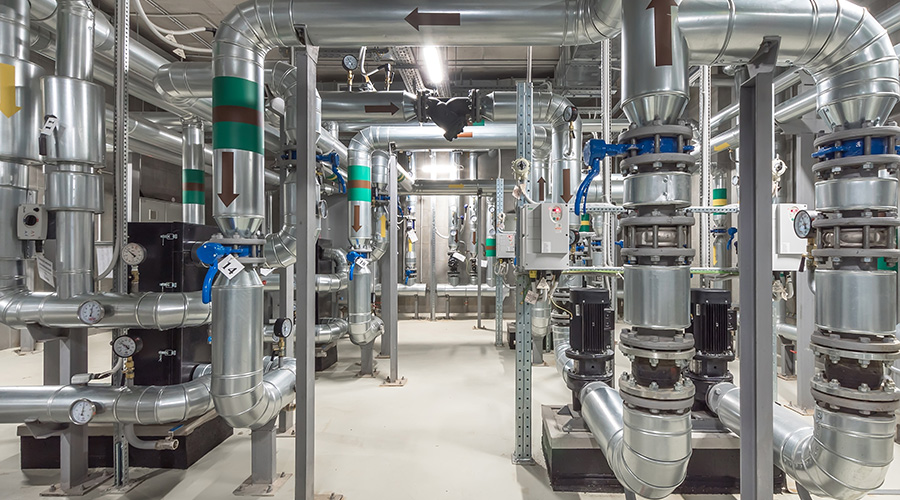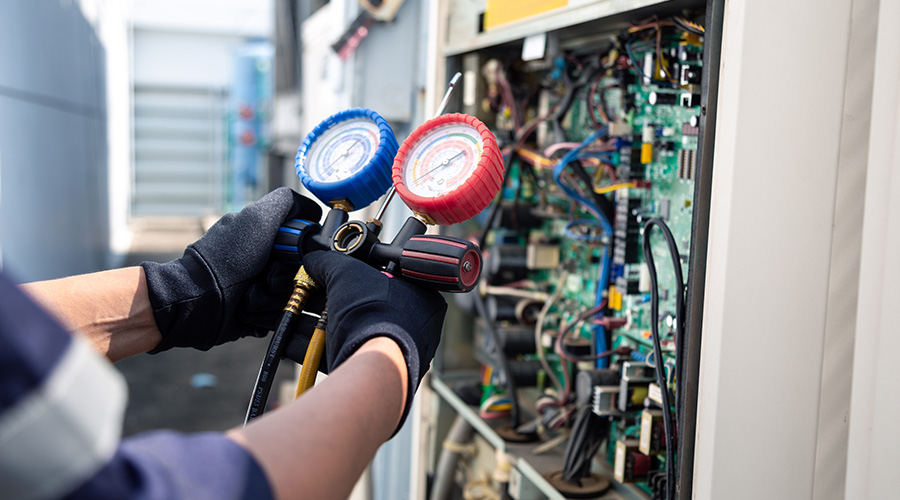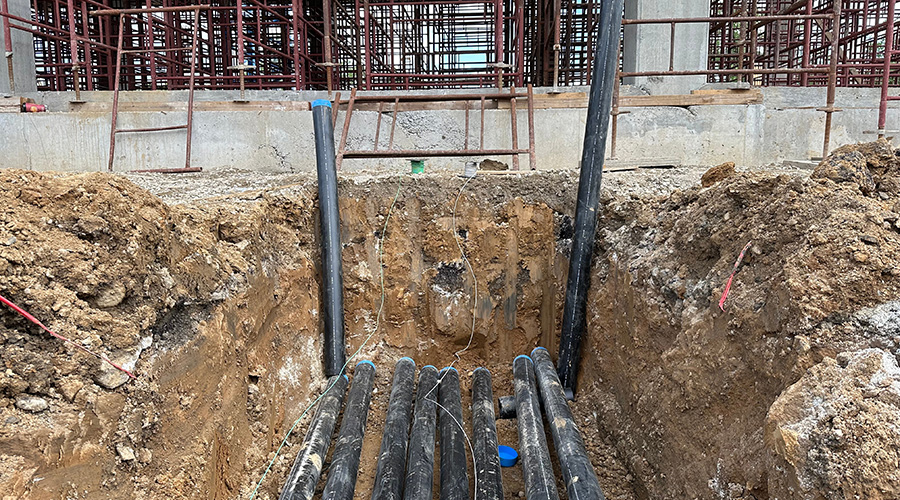One Mystery’s Fallout for Maintenance
 Thirty years ago, a mystery that arose in a Philadelphia hotel stumped medical researchers, frightened the public, and changed the way people thought about air conditioning and facilities. Beyond that fallout, however, the events of July 1976 also changed some of the rules of maintenance and engineering in a very fundamental way.
Thirty years ago, a mystery that arose in a Philadelphia hotel stumped medical researchers, frightened the public, and changed the way people thought about air conditioning and facilities. Beyond that fallout, however, the events of July 1976 also changed some of the rules of maintenance and engineering in a very fundamental way.
A Mystery Deepens
The illness now known as Legionnaire’s disease made headlines in the wake of a veterans convention. The mysterious ailment resulted in convention attendees checking into hospitals with pneumonia and fevers of 107 degrees. The illness’s final toll was 221 cases and 34 deaths.
Medical researchers were unable to determine the cause of the illness for months. The American public, already jittery because of the predicted dangers of swine flu, worried more as the mystery deepened. Eventually, researchers traced the illness to Legionella pneumophilia, which causes pneumonia and other illnesses worldwide.
The source? Apparently, the hotel’s air conditioning system. In researching past similar outbreaks, researchers discovered that most had been traced to contaminated water in places such as air conditioning systems and shower heads.
Assessing the Fallout
Fast-forward to the present, and it becomes clear the impact that the events in Philadelphia 30 years ago have had on the way buildings are engineered, operated and maintained. Beyond that, it also is clear the outbreak was an early instance of people looking scientifically at the way that buildings’ indoor environment affect human health.
Consider the developments in the ensuing 30 years. Concepts such as indoor air quality and sick-building syndrome and have entrenched themselves in the language of maintenance and engineering departments. At the same time, HVAC system testing and balancing, water treatment and air filtration have become mainstays of maintenance technicians’ activities.
These developments reinforce the importance of properly funded and performed maintenance and engineering activities in providing health indoor environments. To ensure the efficient performance of technologically advanced HVAC systems, managers need the resources and support of their organizations.
But besides their direct impact on facility operations and maintenance, the events in Philadelphia also offer a lesson in rethinking assumptions for managers who are troubleshooting problems in their facilities.
Medical officials uncovered the mystery of Legionnaire’s disease only by revisiting their research and conclusions about past, unexplained outbreaks with similar symptoms. That willingness to second-guess past findings opened the door to solving the mystery of Legionnaire’s disease.
Related Topics:








 Thirty years ago, a mystery that arose in a Philadelphia hotel stumped medical researchers, frightened the public, and changed the way people thought about air conditioning and facilities. Beyond that fallout, however, the events of July 1976 also changed some of the rules of maintenance and engineering in a very fundamental way.
Thirty years ago, a mystery that arose in a Philadelphia hotel stumped medical researchers, frightened the public, and changed the way people thought about air conditioning and facilities. Beyond that fallout, however, the events of July 1976 also changed some of the rules of maintenance and engineering in a very fundamental way.



